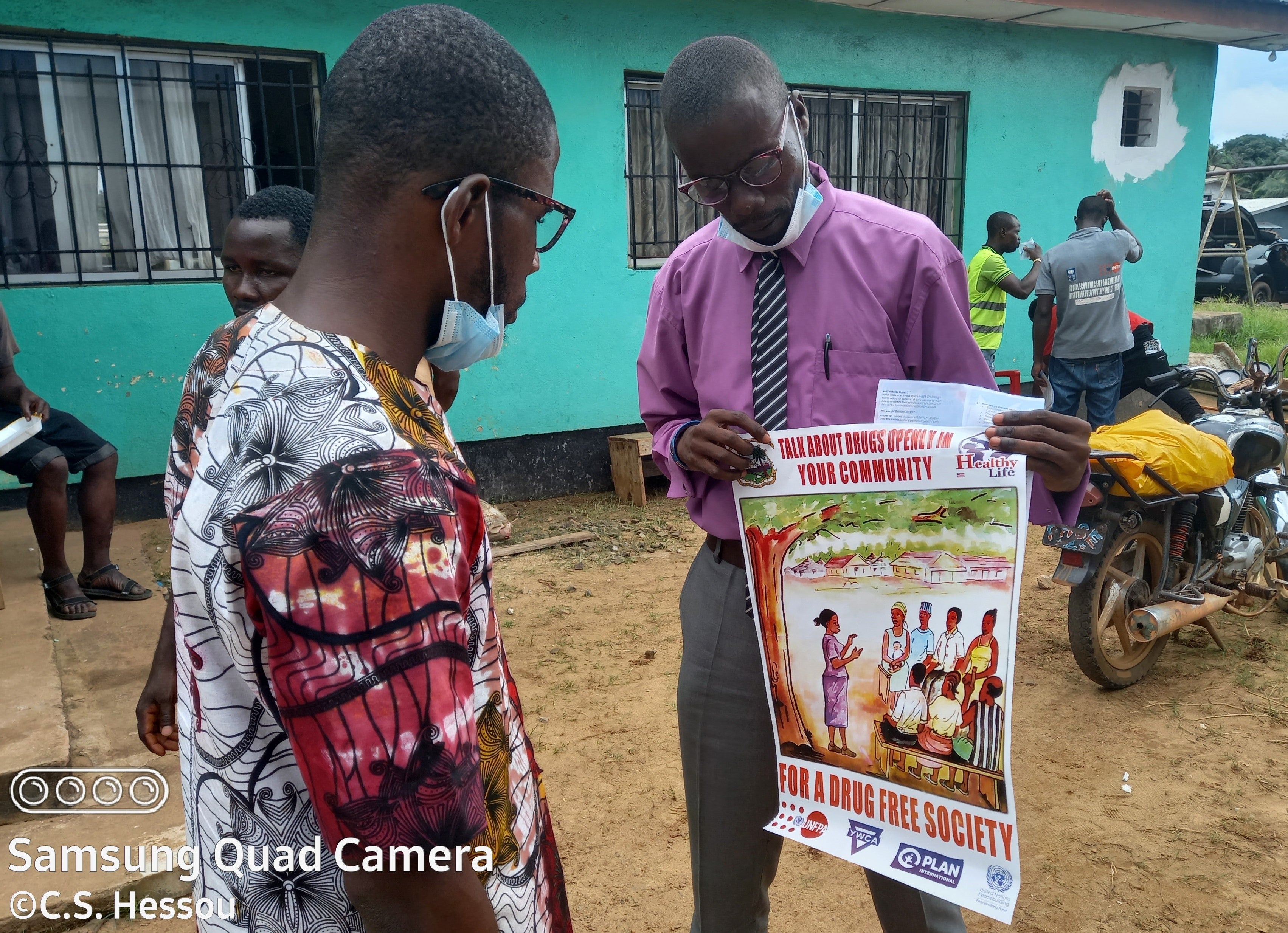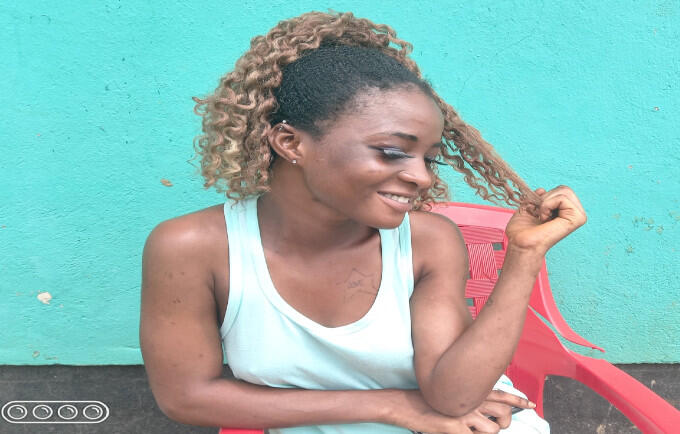MONROVIA, Liberia-The scars of Liberia’s conflict and its associated effects continue to affect different groups of the society, including underprivileged youths, some of whom were child soldiers.
It is estimated that 79 percent of Liberia’s population is comprised of young people between the ages of 15 and 36; and at least 85 percent of them are unemployed due to lack of education and skills, which limits their chances of accessing social, economic and political opportunities.
Consequently, many disadvantaged and at-risked Liberian youths have grown increasingly agitated with the lack of opportunities for them and resulted in criminal activities, including illicit drug use and self-abuse.
Needs growing
According to the United Nations Office on Drugs and Crime, the use of opiates and amphetamine-type stimulants (ATS) like methamphetamine is becoming a growing concern in West and Central Africa, including Liberia, and people who inject drugs are among the most severely affected population groups.
Surprise, age 20, is a former drug addict.
According to Surprise, she resulted to taking drugs in 2011 when she was only 11.
“My parents separated when I was 10. I remained with my father. But when he remarried just a year after leaving my mother, I decided to run away from home because I did not like my stepmother,” says Surprise.
After leaving her father’s house, Surprise went to live with a relative whose adolescent daughter was already taking drugs.
“My cousin who was about 3 years older than me noticed that I was always quiet. She convinced me to take alcohol. She said it would take away my worries. After two years on alcohol, we upgraded to a mixture of marijuana and cane juice (local spirit),” Surprise said.
Surprise’s father, having realized that his daughter was taking drugs decided to take her away from the relative with whom she resided.
My father went for me and took me home. But I could not live there for more than a week because of my bad habit [use of drugs]. I moved out to join a group of friends who were living by themselves. For more than five years, I joined my friends in taking all kinds of narcotics available locally. We engaged in prostitution to earn money.
Hope for the future
But in June this year, Surprise decided to turn the corner.
“Early June while we were on the block [in the ghetto], a group peer educators came to speak with us. They informed us that they were once in the same situation and were able to quit. They told us about the program by the Ministry of Youth and Sports through the Socio-Economic Empowerment of Disadvantaged (SEED) project to help young people get off drugs and directed us to where further help was available;” she said.
According to Surprise, on June 15, she made the ultimate decision to stay off drugs; something which she hopes to live by.
“Drug addiction is a bad habit that you can control if you wish to. It is simple to desist from drug abuse once you decide to. I encourage young people already on drugs to use every opportunity available to them to get off. I also encourage those who are not on it to avoid the temptation of trying it,” she stated
Surprise is among several hundred young people who are beneficiaries of the Socio-Economic Empowerment of Disadvantaged Youth implemented by the Ministry of Youth and Sports in collaboration with the United Nations Development Programme (UNDP) and the United Nations Population Fund (UNFPA), with funding from the Liberia Multi-Partner Trust Fund/Peacebuilding Fund.

people in ghettos. ©UNFPA Liberia/Calixte S. Hessou
Launched in March 2019, the Project supports the Government’s effort to address drug abuse among the youth in Liberia by providing them with medications, and technical skills. It also provides them with rehabilitation to improve their chances of acquiring skills that can help obtain decent employment.
The project uses former drug addicts as peer educators to engage young people in ghettos and communities in urban slums.


